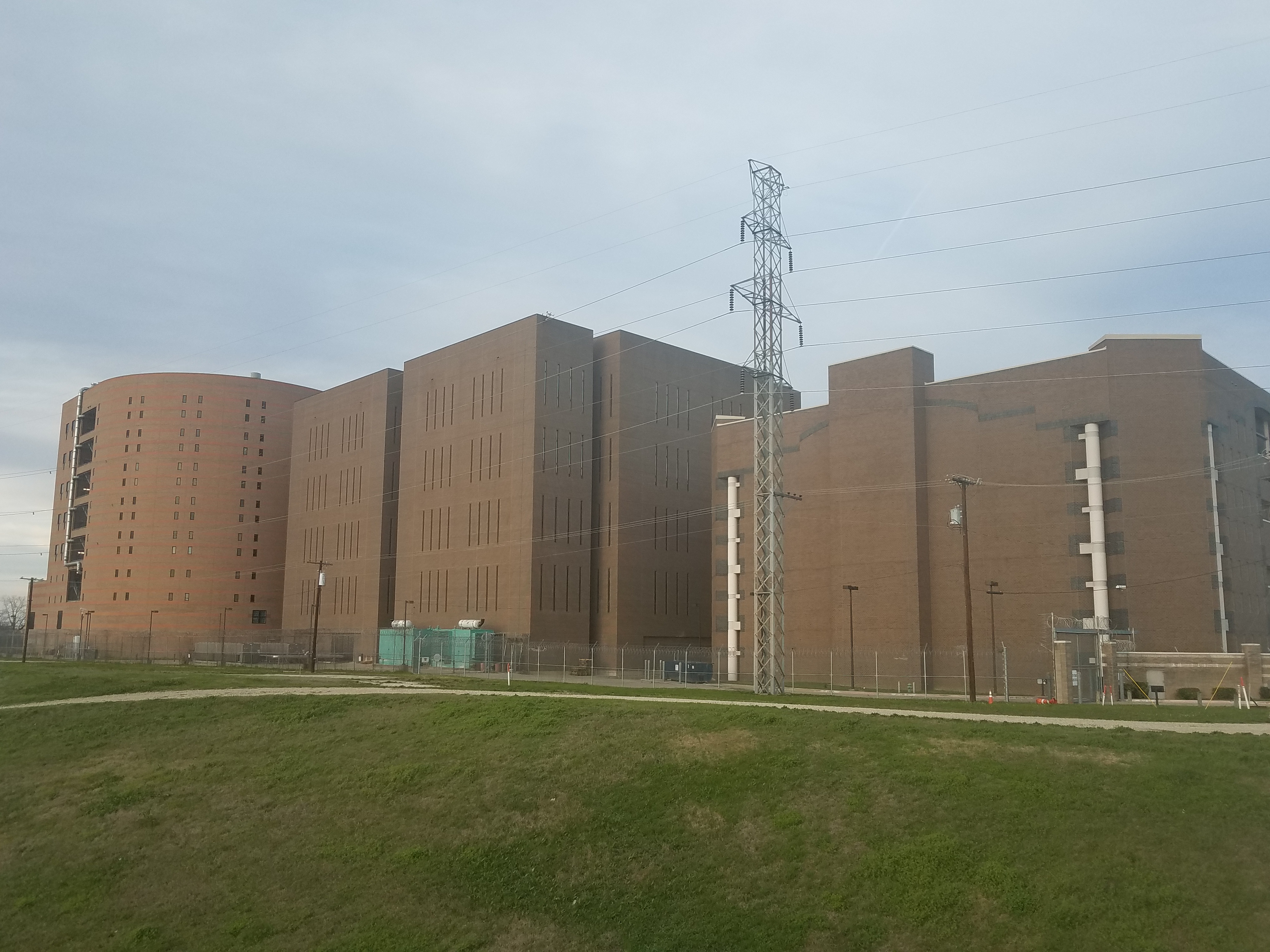One of the awkward side effects of Texas’ stubborn commitment to try its 17-year-olds as adults has been that population’s handling in the county jails. When a 17-year-old is arrested in Dallas County, they’re taken to adult Dallas County jail, where they remain until they either face trial or bond out. But federal law says you can’t house the 17 year olds with adults, so the youngest inmates are put on their own floor at Lew Sterrett Justice Center.
“They are young, and they are bored,” a sergeant with oversight of the floor, Ruthie McCain, told the Dallas Morning News in 2015. “Jail is not just for punishment; it’s for rehabilitation. And to put them in this adult environment and kind of let them go to the wayside, it’s useless.”
Ruthie will be happy with a bill that has now passed both chambers of Congress. If and when it earns a signature from the president—and it’s expected to do so—counties will no longer be able to hold 17-year-olds in adult jail, at least not if they want federal funding. The kids would be sent into the juvenile system.
The DMN described the circumstances that make this part of the Juvenile Justice and Delinquency Prevention Act’s reauthorization important. The rules against mingling with older inmates has a way of isolating the teens, who can spend as many as 23 hours a day in holding tanks with others. They get less time in common areas because common areas almost always have adults in them. Former Sheriff Lupe Valdez had been trying to rally Texas lawmakers for a change.
That story said there are between 50 and 75 male teenage inmates in the jail at any given time. On Monday, the jail told me there are currently 42 male and four female 17-year-olds.
There’s one other thing that pops out in the act—it could spur Dallas County and others to take a harder look at the racial disparities within its jail population. States receiving funds would be required to track data on racial disparities and come up with plans to address inequities, The Marshall Project reports.
That would be a change for Dallas County, which tracks nothing further than the age, race, and sex identifiers that come with basic classification, according to a spokesperson. It’s hard to address a problem you don’t fully understand. Better data—and a harder look at that data—would be a good first step in clearing up inequities.





